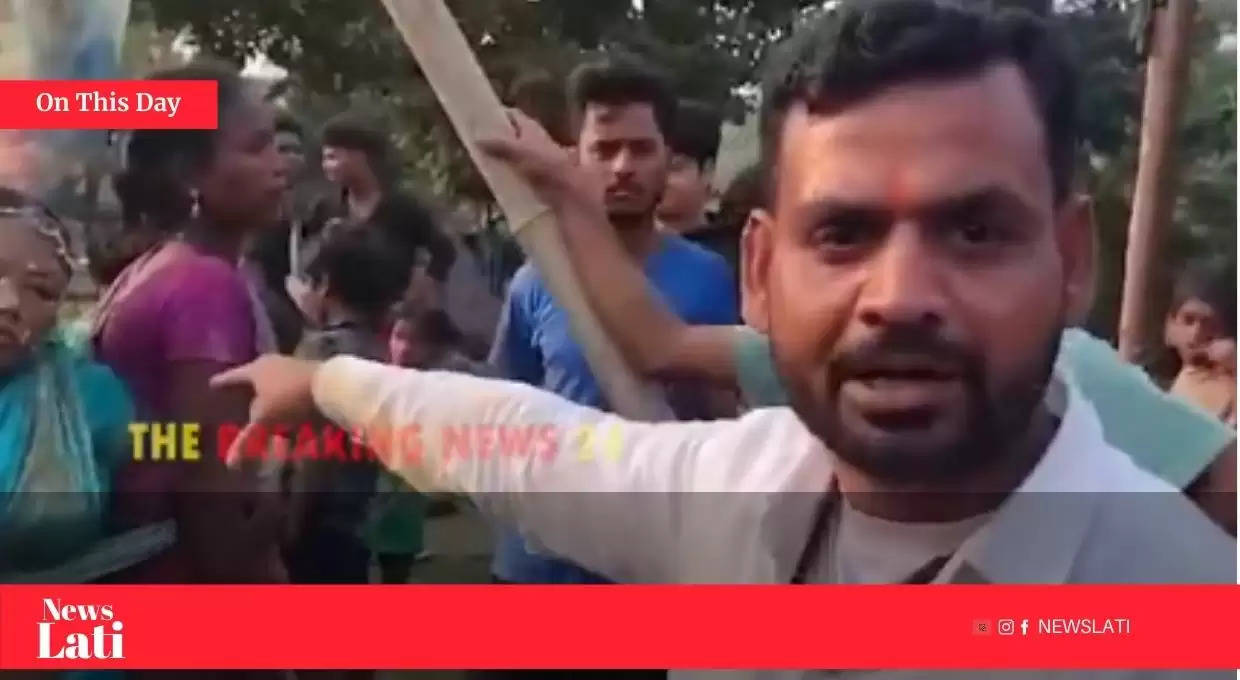Tribal Christian Women Brutally Attacked in Odisha: A Stain on Religious Freedom

-
Tribal Christian women tied to a tree and disfigured on Christmas Day in Nilgiri, Balasore.
-
Alleged involvement of a Hindutva group in the attack.
-
Rising concerns over the safety of religious minorities in Odisha.
-
The area is represented by BJP MP Pratap Sarangi, adding political dimensions to the event.
On Christmas Day, a disturbing incident unfolded in Nilgiri, Balasore, Odisha, where tribal Christian women were reportedly tied to a tree and had their faces disfigured by alleged members of a Hindu nationalist organization. This event has cast a dark shadow over the region, known for its cultural diversity but increasingly marred by acts of religious intolerance.
The attack took place amidst celebrations of Christmas, a time meant for peace and communal harmony. Instead, it became a scene of horror for these women, who were celebrating a festival that holds significant cultural and religious importance for Christians. The brutality of the act, involving tying the victims to a tree and disfiguring them, has sparked outrage and fear among local residents and religious minorities across the state.
Tribal Christian women were tied in a tree by Male members of so called Hindu organization n their faces were disfigured on X Mass in Nilgiri of Balasore d home of BJP,MP Pratap Sarangi ! Attacks on Minorities Growing dangerously in Odisha @Ashok_Kashmir @irfhabib @zoo_bear pic.twitter.com/YfvjKF8PgG
— Amiya_Pandav ଅମିୟ ପାଣ୍ଡଵ Write n Fight (@AmiyaPandav) December 28, 2024
The location, Nilgiri, falls within the constituency of BJP MP Pratap Sarangi, whose involvement with Hindu nationalist organizations like Bajrang Dal in the past has been noted. This incident has reignited discussions about the role of political leaders and their affiliations with groups that might foster religious discord. While there is no direct evidence linking Sarangi to this specific incident, the political atmosphere in the area under his representation has come under scrutiny.
The act has raised significant safety concerns for minorities in Odisha, with many questioning why such groups feel emboldened to "protect" their religion through violence. The notion that one can only be safe by conforming to a singular religious practice undermines the pluralistic ethos of India, where festivals like Christmas are celebrated across communities.
Public reaction on social media and local gatherings has been one of shock and condemnation, with calls for stringent action against the perpetrators to prevent such acts from becoming normalized. This incident highlights the urgent need for a societal and political introspection on how religious freedom and minority rights are upheld in India.
The implications of this attack are far-reaching, affecting not just the victims but the broader community's sense of security in celebrating their cultural and religious identities. It underscores a growing narrative of fear among minorities, where even the celebration of festivals becomes a point of contention rather than an occasion for unity.
This incident should serve as a wake-up call for both the authorities and civil society to address and curb the rising tide of religious intolerance, ensuring that all individuals, regardless of faith, can live and celebrate safely in their homeland.
